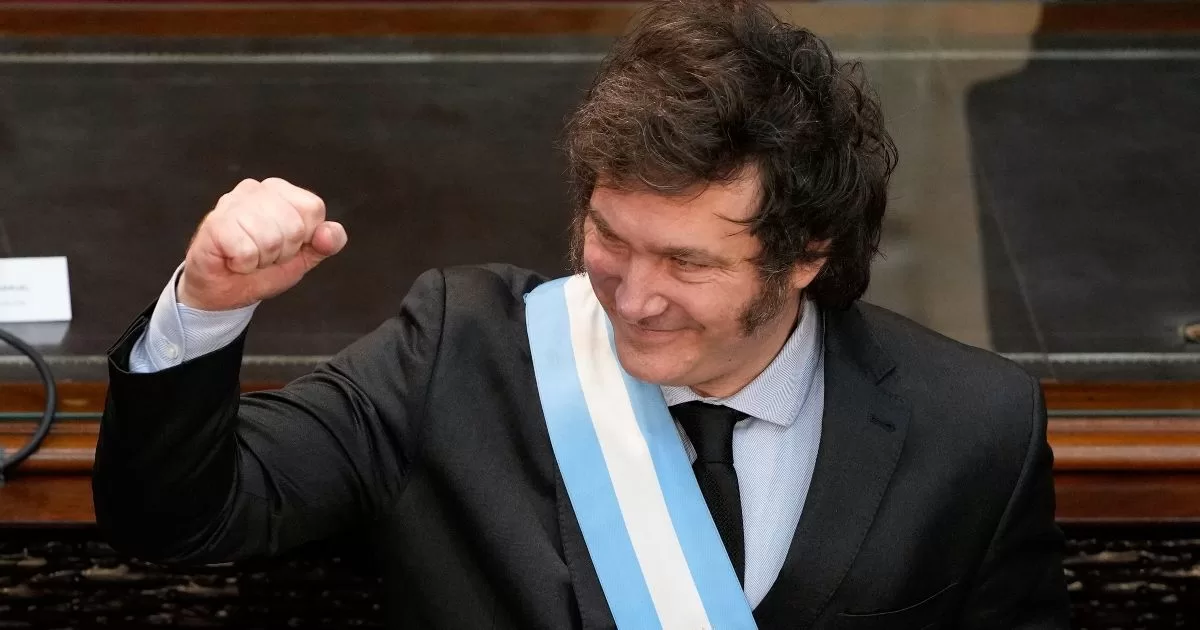Lucia Alegrete
Madrid, May 7 The filmmaker Marita Barea acknowledges that she has improved women’s access to education and the labor market in Peru, but she qualifies that the situation has not changed as much as expected and the “patriarchal mentality” still continues in the country of she.
Considered one of the pioneers of Peruvian feminist cinema, Barea has presented these days “Miss Universe in Peru” at the Madrid International Documentary Festival, a film shot in the eighties, but which is shown for the first time restored in Spain.
According to the director, despite the fact that it was made 40 years ago, it is a current issue.
“The patriarchal mentality is still very internalized in the country, where the fact of being a woman does not necessarily reflect a critical attitude in the face of a series of conditions,” she explains in an interview with EFE.
She points out that “women have evolved a lot in the sense that they have had greater access to education and have been able to achieve their economic independence, which was, to a large extent, what kept them subdued for many years.”
However, to the extent that women are more “rebellious”, there have also begun to be many men who feel “attacked”.
“Ignorance contributes a lot to gender violence. There are psychological issues -he details- that have to do with the upbringing of many young people who grow up lacking a father or mother figure, in a society that is very much in crisis in every way”.
SOCIAL AND FEMINIST COMPLAINT
Barea belonged to the Chaski Group of filmmakers, formed in 1982 in Peru, a time of optimism for the arrival of democracy after twelve years of military dictatorship. Its objective was to show the social reality of the most marginal areas of the country.
The film “Miss Universe in Peru” is the first work of this group, considered one of the first Peruvian feminist films in history, which tells how the organization of that beauty pageant of that same year was at a delicate moment in the country.
The Peruvian director explains that they found out from the newspapers that the contest was going to be held, at a particularly critical moment in the economic and social spheres after a reform process that took place with the military government of Velasco Alvarado.
“At this juncture, this event is held, to which the media gives a lot of coverage, reflecting the frivolity and indifference of the rulers. In the interviews, the authorities are exposed, who were dedicated solely to exalting the virtues of beauty queens, ”denounces Barea.
In addition to this, a very critical vision of the objectification of women is shown, with several interviews with leaders of the feminist movement of that time, who questioned everything that was happening.
To finish, the filmmaker highlights the topicality of this film so that young people understand the story. “Feminism is not something new, it is a fight in which we have maintained ourselves for decades,” she concludes. EFE
lag/jl/amg
(photo)

